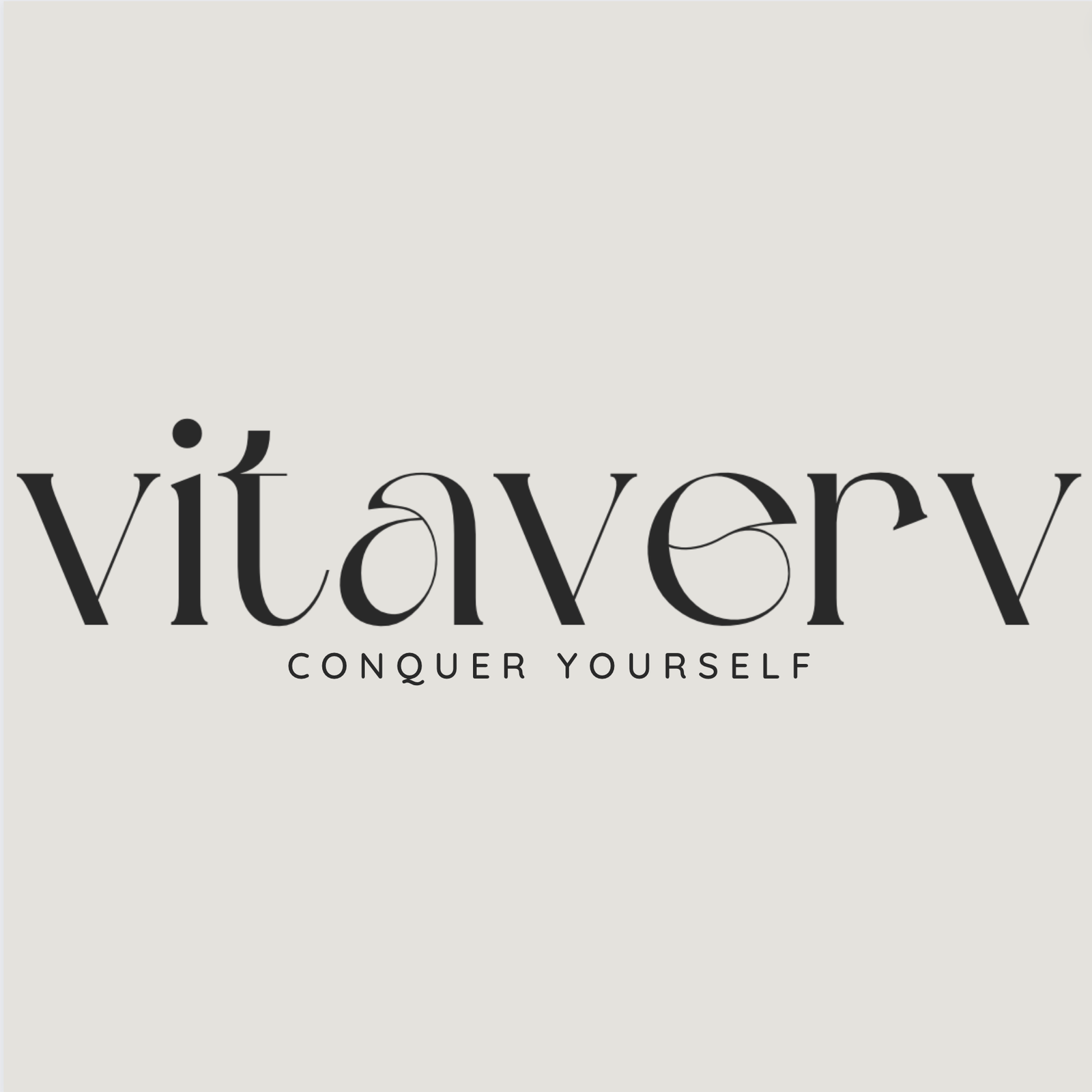We are constantly surrounded by digital devices and the constant flow of information. From smartphones to laptops, tablets, and smart TVs, our lives are intertwined with the digital realm. However, this constant connection can come at a cost, leading to a state of digital overload and contributing to various physical, mental, and emotional challenges. Enter the concept of a digital detox – a conscious effort to disconnect from our devices and reclaim our time, focus, and well-being.
The History of Digital Detox
While the term “digital detox” may be relatively new, the concept of disconnecting from technology and embracing a more mindful way of living has its roots in ancient practices. Throughout history, various religions and philosophies have emphasized the importance of periodically unplugging from the hustle and bustle of daily life to find inner peace and clarity.
The digital detox movement gained momentum in the early 2000s as society became increasingly reliant on digital technologies. With the advent of smartphones, social media, and the constant barrage of notifications, individuals began to recognize the need for a break from the digital world. In 2010, the term “digital detox” was coined, and the movement gained widespread attention as people sought ways to regain control over their time and attention.
Today, digital detox retreats, camps, and workshops have become popular, offering individuals the opportunity to unplug and reconnect with themselves and the natural world. Additionally, many individuals are implementing their own digital detox practices, setting boundaries and intentionally disconnecting from their devices for periods of time.
The Personal Importance of Digital Detox
The personal importance of a digital detox cannot be overstated. Here are some key reasons why it is crucial for individuals to embrace this practice:
- Mental Well-being: Constant exposure to digital stimuli can lead to information overload, increased stress, and anxiety. A digital detox allows your mind to rest and recharge, promoting better mental clarity and emotional balance.
- Improved Focus and Productivity: The constant influx of notifications and distractions from our devices can significantly impair our ability to focus and be productive. By unplugging, you can reclaim your attention span and achieve a deeper level of concentration.
- Better Sleep Quality: The blue light emitted by digital screens can disrupt our natural sleep cycles and melatonin production. Disconnecting from devices before bedtime can improve sleep quality and promote better overall health.
- Stronger Relationships: Excessive screen time can detract from meaningful face-to-face interactions with loved ones. A digital detox encourages you to be present, engage in genuine conversations, and strengthen your personal connections.
- Increased Mindfulness and Self-Awareness: By removing the constant distractions of digital devices, you create space for self-reflection, mindfulness, and a deeper connection with your thoughts and emotions.
- Reduced FOMO (Fear of Missing Out): The constant exposure to social media updates and the fear of missing out can lead to feelings of envy, dissatisfaction, and anxiety. Unplugging can help you appreciate the present moment and cultivate a more positive mindset.

The Benefits of Digital Detox
Embracing a digital detox can offer a multitude of benefits that contribute to overall well-being and personal growth. Here are some of the most significant advantages:
- Improved Mental Health: By reducing exposure to digital stimuli and the associated stress and anxiety, a digital detox can promote better mental health. It can alleviate symptoms of depression, anxiety, and burnout, leading to a more positive outlook on life.
- Enhanced Creativity and Inspiration: When you’re constantly bombarded with digital input, it can stifle your creative thinking and inspiration. Unplugging allows your mind to wander and explore new ideas and perspectives, fostering creativity and innovation.
- Increased Mindfulness and Presence: Without the constant distractions of digital devices, you can cultivate a greater sense of mindfulness and presence in the present moment. This can lead to a deeper appreciation for the world around you and a more fulfilling life experience.
- Improved Physical Health: Excessive screen time has been linked to various physical health issues, such as poor posture, eye strain, and sedentary behavior. By unplugging, you can encourage more physical activity and reduce the strain on your body.
- Better Sleep Quality: As mentioned earlier, the blue light emitted by digital screens can disrupt your sleep cycles. By disconnecting from devices before bedtime, you can improve the quality of your sleep and wake up feeling more refreshed and energized.
- Stronger Interpersonal Connections: When you’re fully present and engaged with others, without the distraction of digital devices, you can foster deeper and more meaningful connections with friends, family, and loved ones.
- Increased Productivity and Focus: By eliminating the constant interruptions and distractions of digital devices, you can improve your ability to focus and be more productive in your work or studies.
Implementing Digital Detox into Your Life
Incorporating a digital detox into your life can seem daunting, especially in our constantly connected world. However, there are various strategies you can adopt to make it a sustainable and rewarding practice:
- Start Small: Begin by setting aside specific times or periods when you disconnect from your devices. This could be as simple as keeping your phone away during mealtimes or implementing a no-screen policy an hour before bedtime.
- Establish Boundaries: Identify the digital distractions that interfere with your productivity, well-being, or personal relationships, and set clear boundaries. For example, you could disable notifications or limit your social media usage to specific times of the day.
- Embrace Analog Activities: Engage in activities that don’t involve digital devices, such as reading a physical book, practicing a hobby, or spending time in nature. This can help you appreciate the simple pleasures of life and cultivate mindfulness.
- Schedule Digital-Free Days or Weekends: Designate specific days or weekends where you completely unplug from digital devices. This can be a powerful way to reset and recharge, allowing you to fully immerse yourself in the present moment.
- Utilize Digital Detox Apps and Tools: There are various apps and tools available that can help you monitor and limit your screen time, block distracting websites, and enforce digital detox periods.
- Engage in Mindfulness Practices: Incorporate mindfulness practices, such as meditation, yoga, or deep breathing exercises, into your routine. These practices can help you cultivate greater awareness and presence, making it easier to disconnect from digital distractions.
- Seek Support: Share your digital detox goals with friends, family, or a support group. Having accountability partners can help you stay motivated and committed to your digital detox journey.

Conclusion
In our constantly connected digital world, embracing a digital detox has become increasingly important for our overall well-being. By intentionally disconnecting from our devices and the constant flow of information, we can reclaim our time, focus, and mental clarity. A digital detox offers numerous benefits, including improved mental health, enhanced creativity, increased mindfulness, better sleep quality, and stronger interpersonal connections.
Implementing a digital detox into your life may seem challenging at first, but by starting small, establishing boundaries, and embracing analog activities, you can gradually develop a healthier relationship with technology. Remember, the goal is not to completely eliminate digital devices from your life but to strike a balance, ensuring that technology serves as a tool to enhance your life rather than controlling it.
By embracing the power of a digital detox, you can unlock a world of personal growth, self-awareness, and a deeper appreciation for the present moment. So, take the first step towards reclaiming your time, attention, and well-being – unplug and reconnect with the world around you.
Frequently Asked Questions (FAQ)
- How often should I do a digital detox?
The frequency of your digital detox can vary based on your individual needs and lifestyle. Some people find benefit in short daily detox periods, while others prefer longer weekly or monthly breaks. The key is to find a routine that works for you and allows you to maintain a healthy balance. - Can I still use my devices for work or emergencies during a digital detox?
While the goal of a digital detox is to disconnect as much as possible, it’s understandable that some individuals may need to use devices for work or emergency purposes. In such cases, it’s important to set clear boundaries and limit your device usage to only essential tasks. - What if I experience withdrawal symptoms or anxiety during a digital detox?
It’s common to experience some discomfort or anxiety when disconnecting from your devices, especially if you’re accustomed to constant digital stimulation. However, these feelings are often temporary and subside as you adapt to your new routine. Practice mindfulness techniques, engage in physical activities, or seek support from others to help you through this transition. - How can I ensure my digital detox doesn’t negatively impact my work or personal relationships?
Communicate your digital detox plans with your colleagues, friends, and family members in advance. Set clear expectations and provide alternative means of communication (e.g., email, voicemail) for urgent matters. Additionally, consider scheduling your detox during times when it’s least disruptive to your responsibilities. - Can a digital detox help with productivity and focus?
Yes, a digital detox can significantly improve your productivity and focus. By eliminating the constant distractions and interruptions from digital devices, you can concentrate more deeply on your tasks, leading to increased efficiency and better quality work.
Key Takeaways
- The digital detox movement gained momentum as society became increasingly reliant on digital technologies and recognized the need for periodic disconnection.
- Embracing a digital detox is crucial for mental well-being, improved focus, better sleep quality, stronger relationships, increased mindfulness, and reduced FOMO.
- The benefits of a digital detox include improved mental health, enhanced creativity, increased mindfulness, better physical health, improved sleep quality, stronger interpersonal connections, and increased productivity.
- Implementing a digital detox can start with small steps, such as setting boundaries, embracing analog activities, scheduling digital-free periods, and utilizing detox apps and tools.
- Finding a balance and developing a healthy relationship with technology is key, ensuring that it serves as a tool to enhance your life rather than control it.


Leave a Reply